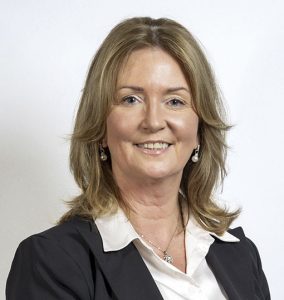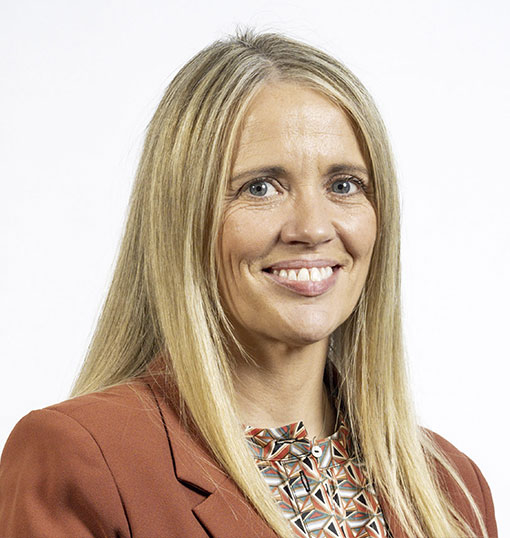As we move into the sixth year of collecting data for all the sectors, we are gaining valuable insights. We have gathered four years worth of MAPP forecasting, which gives us 25,000 lines of data. This data tells us very clearly what people are procuring, how they are procuring, what their contract position is and how they are engaging with the model. So what we are really talking about is a cycle, we have our forecasted demand, we create the aggregated forecast in the form of the multi-annual procurement plan, we do aggregration analysis and then look at the existing suite of frameworks and we identify areas where we need new frameworks or where we need to change frameworks as they are rolled out into generation two or three.
The top three areas of spend are Facilities Management, Travel and HR services, and ICT/office equipment, which together make up 60% of total spend. It is not surprising that Facilities Management is the largest area of spend, given the size of the educational institutions.
EPS recognises the need to develop strategies to support procurement planning across the education sector. To do this, we engage with stakeholders through a variety of means, including information events, workshops, surveys, and focus groups. In the fourth quarter of 2022, the corporate services team held three information sessions with strong attendance from the education sector. In October, two webinars were held for higher education attendees, with over 40 participants in total. In November, the head of sourcing and the corporate services team presented on the MAPP program and MAPP data results at the Procurement Officers Forum for Education and Training boards.
In terms of achievements in planning sector requirements, EPS would like to thank our Higher Education and Education and Training Board partners for their successful collaboration and shared objectives. We particularly appreciate the cooperation we have received in providing the necessary clarifications and supplementary information to fully understand and represent the information in MAPP line items. The analysis of MAPP reports looks at the performance of central frameworks and arrangements in the sector, identifies key metrics for progress, and identifies actions needed to meet sector-specific requirements. We will continue to increase the utilisation and delivery of central arrangements for education through the MAPP program, and we plan to enhance communication and data sharing through the use of dynamic visualisation platforms and reporting software.



